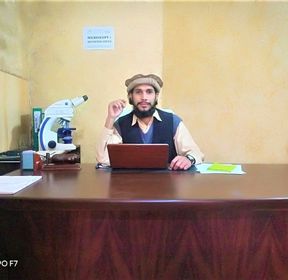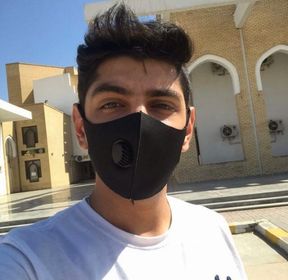Keynote Forum
Michael Retsky
University College London, UKTitle: The perioperative window presents a long overlooked but important opportunity to prevent relapses in breast and other cancers
Abstract:
My colleagues and I have been studying an anomalous relapse pattern in breast cancer. This project started in 1993 when data from Italy and UK showed that 50 to 80% of all relapses in patients treated only with surgery occurred in an early wave of relapses in the first 3 years post-surgery. We proposed a reasonable explanation. It appears that the surgery to remove a primary tumor causes systemic inflammation for a week. During that time, dormant single malignant cells and avascular deposits escape from dormancy and appear as relapses within 3 years. The multi-national authors of our reports include medical oncologists, surgeons, anaesthesiologists, physicists, and other scientists from several fields. A potential solution seems to exist based on our analysis. That therapy is the common inexpensive analgesic ketorolac administered as iv at the time of surgery and perhaps as oral drug for a few days after surgery. We edited a book and published a number of papers including one recently (1). Two animal models support our findings (2,3). Another paper suggests a way to prevent some late relapses (4) and a second retrospective clinical trial was reported (5).
Biography:
Michael Retsky received PhD in experimental physics from University of Chicago in 1974. While working at Hewlett-Packard in Colorado Springs in 1982, a friend started an informal cancer research project since his wife was being treated for cancer. Over the next years, Retsky made a career change into cancer research. His first paper in oncology (Cancer Research 1984) predicted that tumor growth included periods of dormancy. He eventually became Prof of Biology at Univ of Colorado and later on staff of Judah Folkman at Harvard.
Retsky was diagnosed with Stage IIIc colon cancer in 1994. Based on his knowledge of tumor kinetics he used low-dose, long-term chemotherapy instead of maximum tolerated chemotherapy.
Sami ur Rehman
University of Gujrat PakistanTitle: Clinical Lab Quality Management and Quality Indicators.
Abstract:
Laboratory Quality Management System frequently reffered as QMS includes all Coordinated activities to direct and control an organization with regard to quality. A Quality Management System, plans, controls and improves the factores having impact on the achievement of quality results. Some labs choose to implement an internal QMS that is driven by the local needs and maintained to the local quality standards. Reference labs opt to build a QMS that is aligned with international standards and can be accredited by a qualified external organizations like ISO and CLSI. QMS systems. QMS covers the three distinct phases of sample testing which are Pre-analytical, Analytical and Post-analytical phases. Based of these phases the Lab errors are also classified in similar three types i.e. Pre-analytical. Analytical and Post Analytical Lab errors. QMS applies to overall lab and patient relevent activities including analyticaland Non analytical aera.
Biography:
Sami ur Rehman has completed his graduation in Medical Lab Sciences from Federal Postgraduate Medical Institute, Shaikh Zayed Hospital, Lahore, Pakistan. He completed M.Phill in Biochemistry and Molecular Biology and currently doing PhD research work in the same descpline from University of Gujrat. He has got several prefessional trainings in Lab Quality Management. He is WHO certified Infection Prevention & Control Master Trainner. He served as Quality Management Officer at well reputed organisations like Shalamar Teaching Hospital Laboratories, Chughti Lab, Mega test lab and Gove KKS Teaching Hospital Lahore. He is currently serving as Head of Pathology Department and IPC officer at Primary and Secondary Healthcare Department, Punhjab Pakistan. He is also Master tarinner of IPC and Qualtiy Management Programms.
Mohammed Lowi
iraqTitle: The use of antibiotic treatments on microorganisms
Abstract:
Have you ever had to take antibiotics? The graph, the drawing or the drawing, asked you to complete, even if you started, even if you started to finish it. But what is the reason for that? You might be surprised that you're taking a twist on your counteraction, making it look more alive. In this activity you will learn why these superbugs are so hard to treat, by rolling the dice how to treat bacteria to antibiotics. Microorganisms are everywhere. So far, in good health. And most types of bacteria for humans, but many of them are useful. But it is easy to get sick. Antibiotics are medicines that treat a bacterial infection, such as a pharynx or ear infection, by killing the bacteria. In contrast to the widespread use of antibiotics in the twentieth century, people sometimes died from minor cuts and infections (failures we would consider trivial today, such as a scratch in toys).
Biography:
Mohammed Low is studying at the University of Kufa, Faculty of Science, Department of Medical Laboratories, to obtain a bachelor's degree in laboratory sciences



